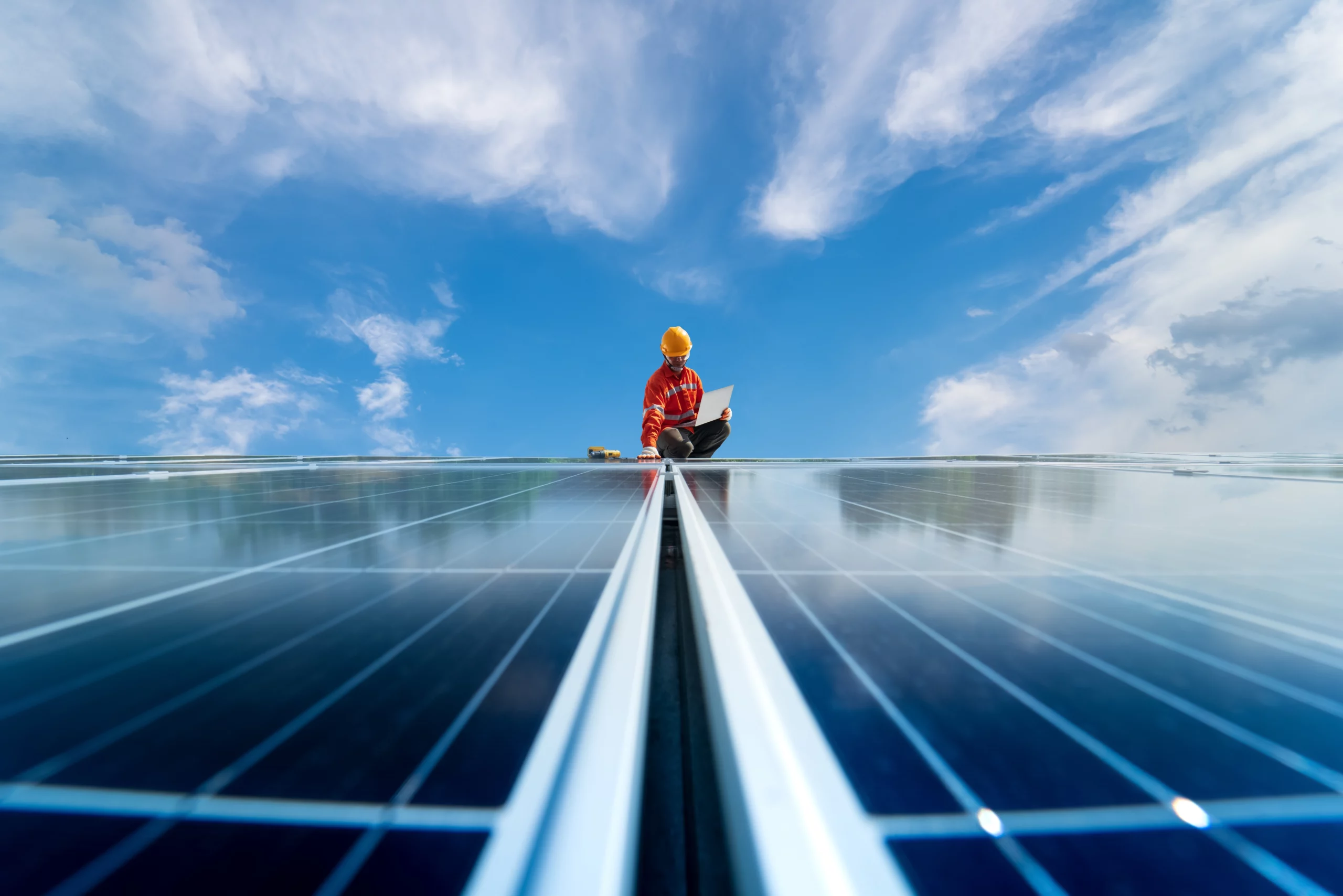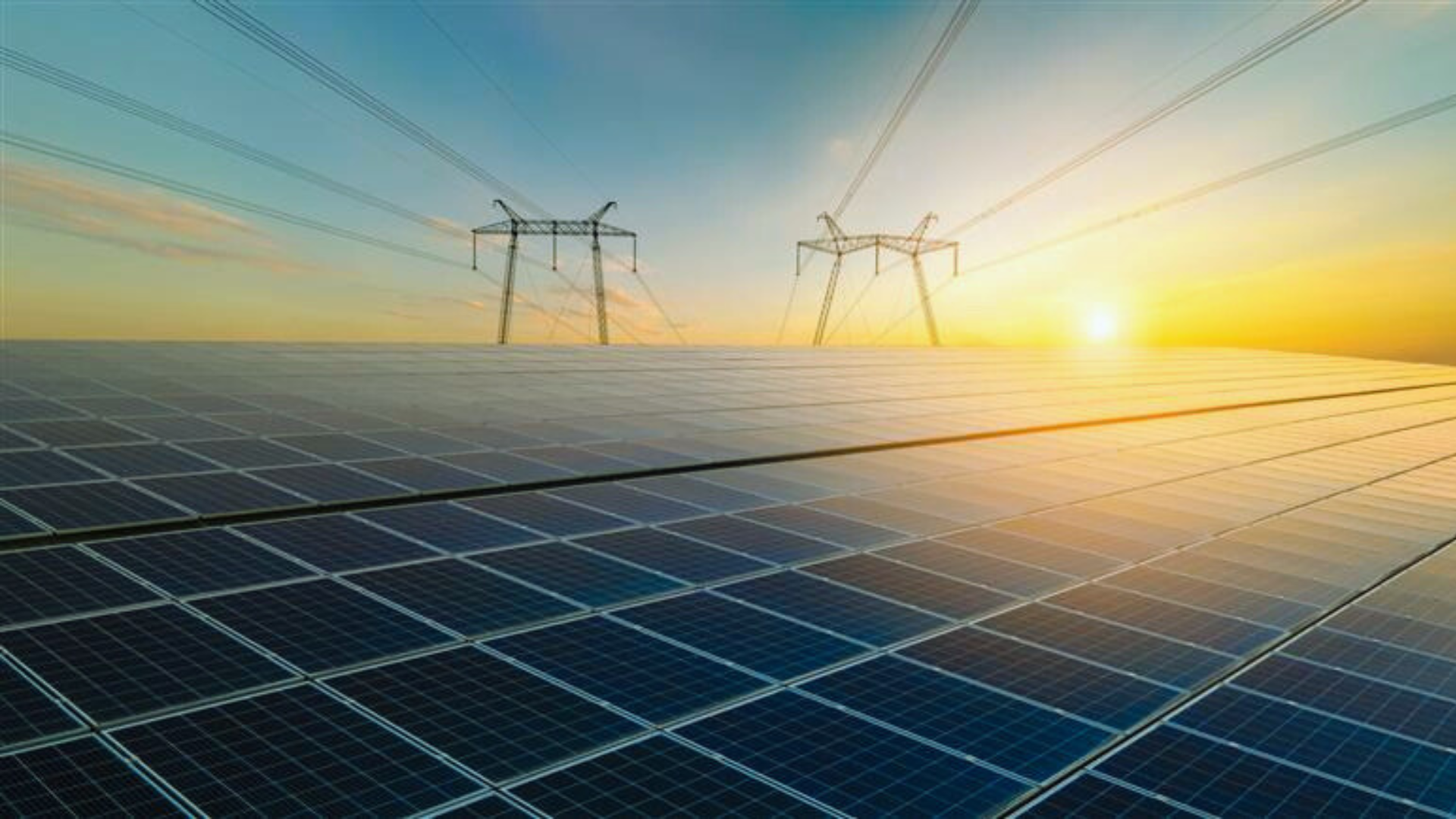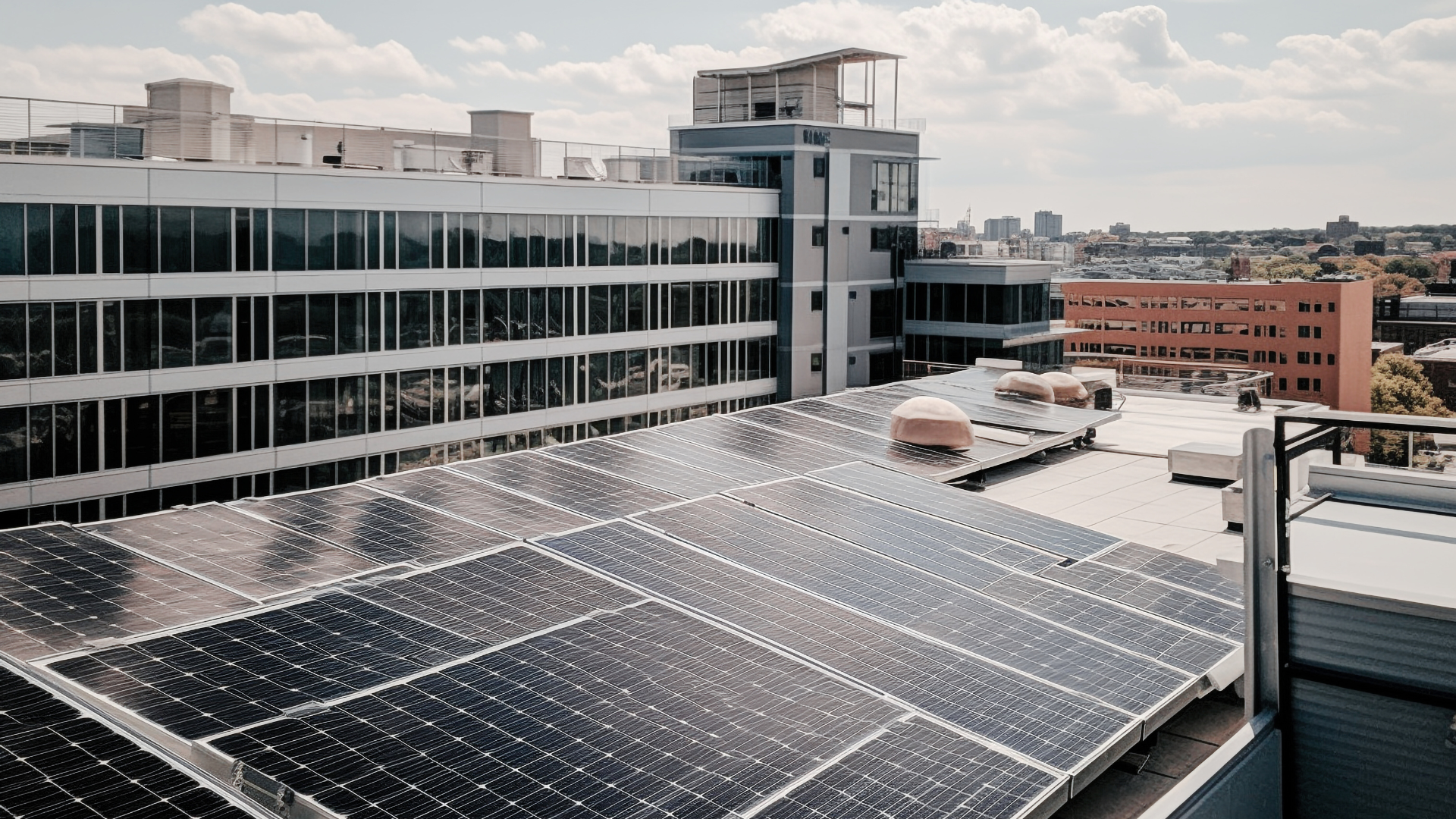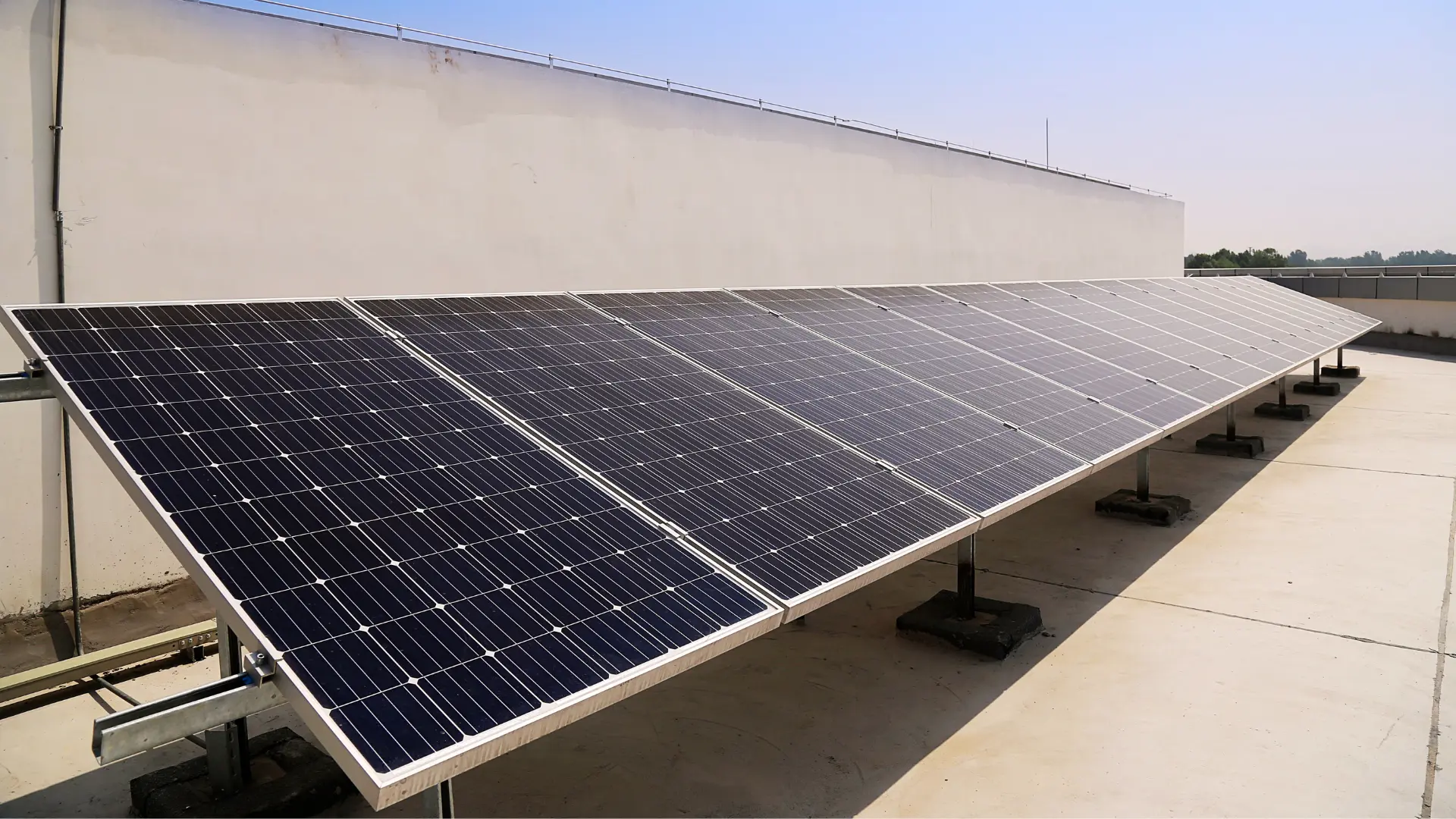As businesses and homeowners increasingly turn to solar energy to power their establishments and residences, ensuring the efficiency and longevity of solar panels becomes paramount. One of the key aspects of solar panel maintenance is regular cleaning. In this blog post, we’ll explore the best practices to keep your solar panels clean and maximise their performance and lifespan.
Cleaning and Maintenance Tips for Solar Panels
Solar panels are exposed to all the elements, and also to dust, dirt, bird droppings, and pollutants, which can accumulate over time and affect their efficiency. You need to clean your solar panels periodically, as it is essential to ensure optimal performance. Here are some tips for effective solar panel cleaning:
Regular Cleaning Routine
Clean the panels at least twice a year to maintain optimal performance. Regularly cleaning the solar panels helps remove dirt, dust, and debris, ensuring maximum sunlight absorption, which ultimately increases their efficiency.
Manual Cleaning Methods
When cleaning solar panels manually, use a soft rag or sponge with biodegradable soap and clean water. Avoid scrubbing with coarse materials or harsh chemicals, as they can damage the panels and reduce their efficiency. Gently scrub the surface of the panels to remove any stubborn dirt or grime.
Utilising Natural Elements
While rain can help cleanse solar panels to some extent, it may not remove all accumulated dirt and debris. Supplement rainwater with manual cleaning to ensure thorough cleaning and optimal performance of solar panels.
When do you decide it is time to clean your solar panels?
Regular inspections are crucial for identifying when solar panels need cleaning. Signs indicating the need for cleaning include reduced energy production or visible dirt buildup on the panels. Monitoring system alerts can also indicate when cleaning is needed.
Tips for Maintenance of Solar Panels
Avoiding Shade
Keep solar panels out of shade to ensure maximum sunlight absorption and energy production. Trim any overhanging branches or foliage that may cast shadows on the panels.
Monitoring Performance
Invest in a monitoring system to track daily energy production and detect any fluctuations in performance. Regularly review monitoring data to identify any issues or anomalies that may require attention.
Precautions for Safe Cleaning
Timing of Cleaning
Avoid cleaning solar panels during peak sunlight hours to prevent overheating of the panels.
Schedule cleaning early in the morning or late in the afternoon when the panels are cooler.
Use of Soft Water
Use distilled water or water softeners to prevent mineral buildup on the panels. Avoid using hard water, as it can leave mineral deposits on the panels, reducing their efficiency over time.
Safety Measures
When accessing solar panels on rooftops, ensure proper safety equipment, such as ladders and harnesses, is used. Consider hiring professional cleaners for difficult-to-reach panels or for added safety and efficiency.
Conclusion
Regular cleaning and maintenance are essential for maximising the efficiency and longevity of solar panels. By following the best practices outlined in this blog post, businesses and homeowners can ensure their rooftop solar panels continue to produce clean, sustainable energy for years to come. Remember to schedule regular cleanings, monitor panel performance, and take necessary precautions to ensure safe and effective cleaning practices.
FAQs:
Why is regular cleaning of solar panels crucial?
Regular cleaning of solar panels is crucial because it ensures optimal performance and efficiency. When solar panels are clean, they can absorb more sunlight and convert it into electricity effectively. Without regular cleaning, dust, dirt, and debris can accumulate on the panels, reducing their efficiency over time. By maintaining clean solar panels, you can protect your solar panels and maximise the energy output of your solar panel system.
Can I clean solar panels without professional solar panel cleaners?
Yes, you can clean solar panels without professional solar panel cleaners. With proper tools and techniques, homeowners can effectively clean their solar panels at home. Using a soft rag or sponge with mild soap and water, gently scrub the surface of the panels to remove dirt and debris without causing damage to the solar panels. It’s important to avoid using abrasive materials or harsh chemicals that could damage the panels. Regular cleaning of solar panels can help maintain their efficiency and prolong their lifespan.
How do solar panels work, and why are the best solar panels important?
Solar panels, in principle, convert sunlight into electricity. This process is called the photovoltaic effect. When sunlight hits the solar panels, the photovoltaic cells within the panels generate direct current (DC) electricity. This electricity is then converted into alternating current (AC) electricity by an inverter, which can be used to power appliances and devices in homes or businesses. Choosing the best solar panels is important because it ensures maximum energy production and efficiency. High-quality solar panels are more durable, efficient, and reliable, providing greater long-term savings and benefits for homeowners and businesses alike.




